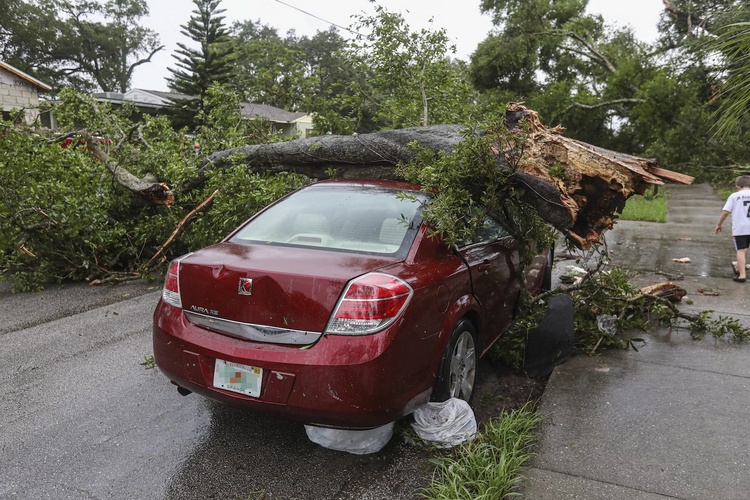February 5 NEC Energy News
¶ “Average Cost Of Car Insurance Up More Than 20% In Last Year” • Yahoo! Finance reports that car insurance costs were 20.3% higher in December than they were a year earlier, with the average annual premium costing $2,542, according to Bankrate. Part of that increase is due to inflation. But part of it is due to the weather brought by climate change. [CleanTechnica]

¶ “Small Modular Reactors Do Not Solve The Many Problems Of Nuclear, NGOS Say” • As the European Commission prepares to launch its industry alliance for Small Modular Reactors on 6 February, civil society organisations stress the high costs and slow progress, making this technology a risky distraction from dealing with climate change. [EU Reporter]
¶ “The War On Renewables Heats Up Across America” • Climate change is a threat to our way of life. Only renewables can help slow the changing climate. But due largely to misinformation disseminated by fossil fuel companies, people all across America believe that renewables like wind and solar are a threat to their way of life and must be stopped. [CleanTechnica]
¶ “How Fruit Farmers In Tohoku Are Coping With Climate Change” • The area of Yamamoto and Watari, in southern part of Miyagi Prefecture, is known for its relatively warm climate. But the unusual sight of tangerines, which are vulnerable to cold, coexisting with apples, which are vulnerable to heat, may be a symbol of rapid global warming. [The Japan Times]

¶ “Sandia Uses Electric Grid Analytics To Combat Wildfire Risks And Aid Post-Wildfire Recovery” • Sandia National Labs’ wildfire grid resilience program aims to determine and mitigate risk of ignition, reduce wildfire spread, and decrease consequences of major wildfires through new tools and better informed decision making. [CleanTechnica]
¶ “Five Years Later, New Hampshire’s Community Power Law Is Reshaping The Electricity Market” • New Hampshire member towns in the year-old Community Power Coalition are reaping the benefits of banding together for electricity. Small customers in the coalition’s sixteen active member towns will buy electricity at a 26% reduced rate. [New Hampshire Bulletin]
For more news, please visit geoharvey – Daily News about Energy and Climate Change.
